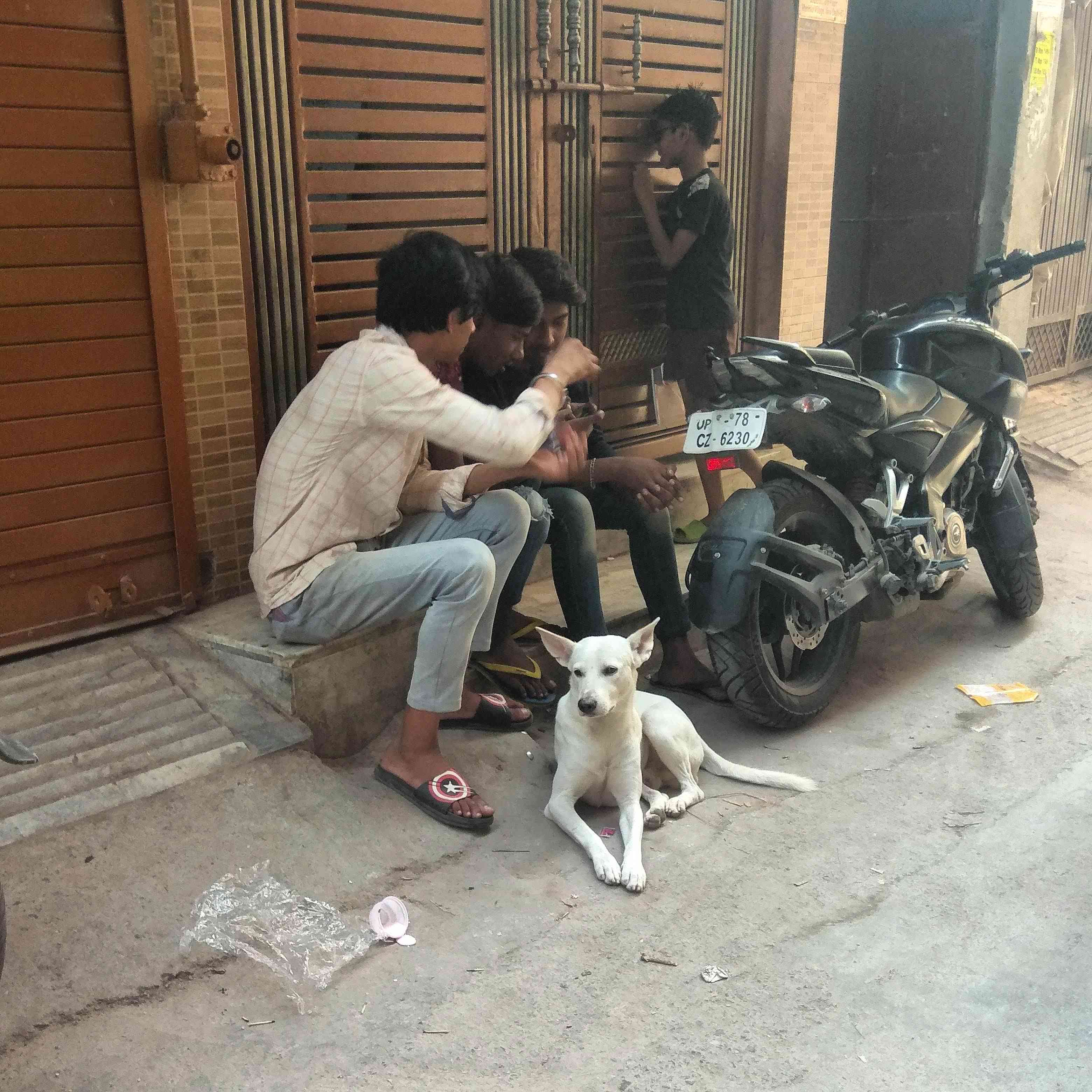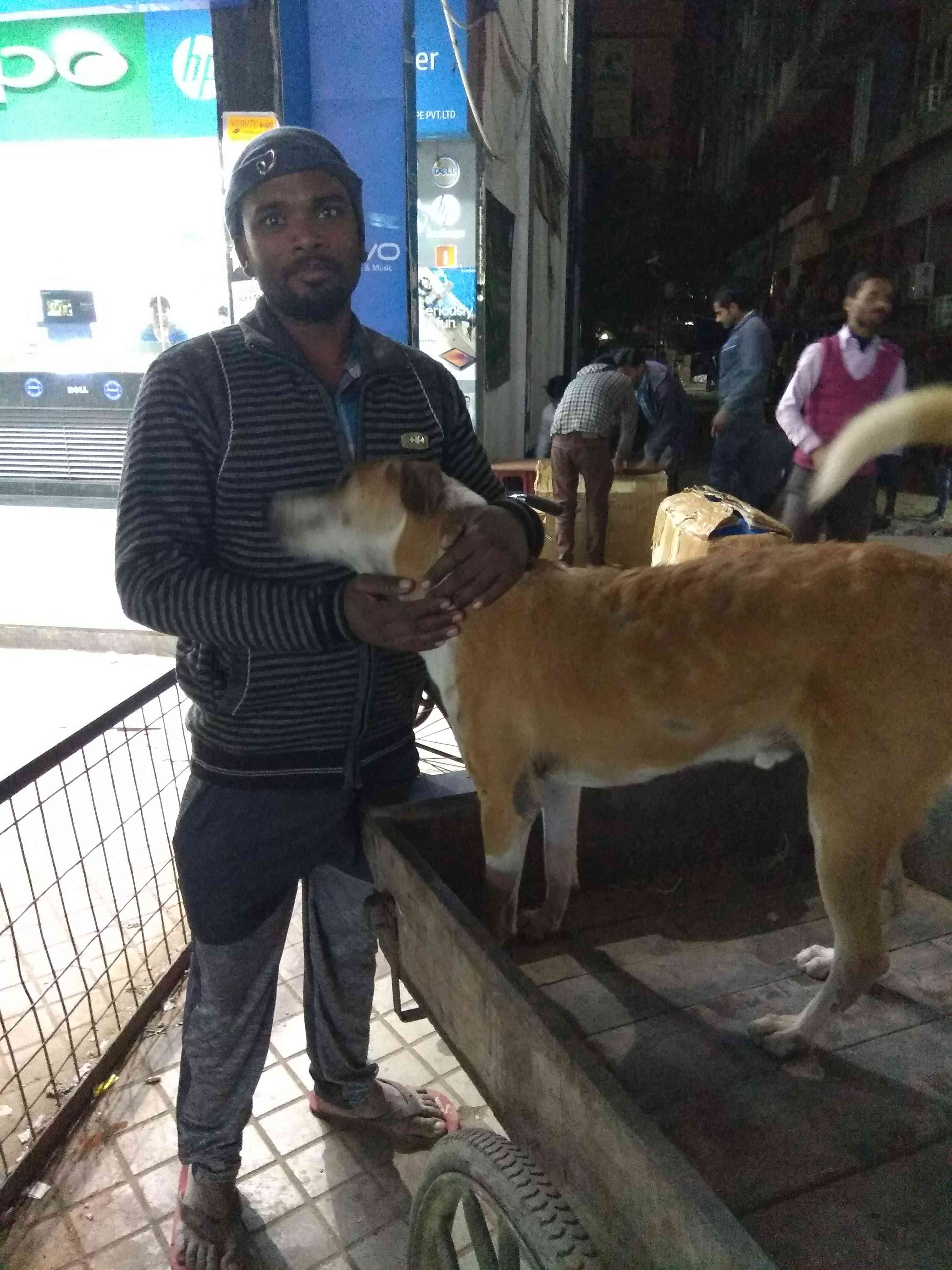A vocal minority of liberal elites are protecting dogs at the cost of the silent dog-oppressed majority. That’s what the central government, through Solicitor General Tushar Mehta, told the Supreme Court on August 14. Mehta was tweaking the Narendra Modi government’s favourite line: that the majority supports sweeping and harsh moves, like bulldozer “justice”, and only the elite “Khan Market Gang” is whining about human rights, civil liberties and due process.
What is troubling is that many who oppose the arbitrary and illegal bulldozer demolitions as summary justice are singing the same tune as Mehta when it comes to the Supreme Court’s order on removing stray dogs from Delhi’s streets and housing them permanently in shelters.
They say that elite “dog lovers” are silent when it comes to atrocities against the poor and oppressed human beings. They share images of children savaged by dogs and declare that to oppose the Supreme Court order is to defend such savagery.
The notion that it is “elites” who care for street dogs is itself elitist, making working class people invisible. Why can’t these dog-lovers take stray dogs into their own homes, asked Justice JB Pardiwala, one of the Supreme Court judges who issued the order.
This begs the question: what is a “stray dog” and what is a “home”? A child in a slum tenement cannot keep her beloved dog in her “home”. It seems she must suffer a traumatic separation as municipal authorities string her dog up and carry it off, for the common good. Just as she is expected to watch her home being bulldozed to the ground for the common good.
Pardiwala’s question echoes the one trolls ask me on social media when I oppose the drive to cleanse the National Capital Region of “Bangladeshis”: “If you love infiltrators why don’t you keep them in your home?”
When one sees flood-affected residents on television screens and in online images each year, it is common to see someone holding a puppy or kitten above their head as they swim the flood waters to safety. These people can’t carry much, they try to take the bare essentials only, but why do they bother to take an animal that is not of “use”, like a chicken or a goat?
When the Covid-19 lockdown hit, pourakarmikas – municipal sanitation workers in Karnataka, all Dalit women – asked union leaders, “Who will feed our dogs?” Many of them have a dog who accompanied them on their cleaning beat. Lawyers in Bengaluru who petitioned courts for powrakarmikas’ needs during the lockdown, included the appeal for permission to feed the street dogs.
In my DDA colony in South Delhi, there is a dog who came in as an injured puppy. He is huge now with a ferocious bark, but absurdly scared of all humans except Shyam Singh, one of the security guards at whose heels he can always be found. Singh worries: what if the civic body’s van comes for Ludo when he’s not on duty?
A textile worker couple from Mumbai used their belated severance compensation to buy a small piece of land near the seashore in Ratnagiri, where they rent cheap rooms to tourists. A group of us, looking into protests against the Jaitapur nuclear plant nearby, were visiting the area. The woman who sat at the tea shop in front, turned to a big black dog next to her and said something that sounded like a request. He roused and shook his rather elderly self, and she gestured that we should follow him. He led us through the undergrowth all the way to the beach – something he clearly did for all guests.
In a Delhi slum, which was recently facing the bulldozers, trade union marches through the industrial area would almost inevitably be joined by the community dogs. Likewise, there was a dog at Ramlila Maidan who would join every rally all the way to Jantar Mantar. The writers of the Mahabharata surely knew dogs – and their eagerness to join “packs” of human beings on the move – very well: thus the lovely story of the dog who stayed with Yudhishthira on the dangerous road to heaven.
The istriwala and the chaiwala are just as anguished by the Supreme Court diktat and terrified for their canine companions, as are those the honourable justices called “dog lovers”. For them, a dog is a friend and companion, not an object that they bought from a breeder on a whim and might abandon when the novelty wears off. Across the class divide, people volunteer their time, money and care to get dogs vaccinated and sterilised – they do the government’s job.

The “dog lovers are elite” discourse is also ominously familiar. When I argued against capital punishment for rape, television anchors demand to know why I support rapists who brutalised the young woman in Delhi in December 2012. When I protest against the custodial public execution of rape suspects by the Telangana police, they declare that liberal elite feminists defend rapists rather than their victims.
When I protest the use of the Prevention of Terrorism Act then and the draconian Unlawful Activities (Prevention) Act now to persecute dissenters, I am branded an elite “urban Naxal” who defends terrorists. And, of course, I am accused of liberal elitism when I protest a judicial order on dogs that ignores the Animal Birth Control rules and the Prevention of Cruelty to Animals law, and threatens the civil liberties of ordinary citizens who display their civic conscience by implementing those rules.
One points out that the Municipal Corporation of Delhi doesn’t even have enough shelters for dogs to recuperate for five days after they are sterilised. How can they make room to house hundreds of dogs?
One presents the wealth of evidence drawn from all over the world to prove that capital punishment, fake encounters and draconian anti-terror laws worsen the problems they claim to solve.
And one demands that governments implement the measures that have a proven record of lowering rape-murders and violent crimes in general. Just as one points out that mass capture, relocation, culling of dogs has been tried many times in India and elsewhere in the world and is a proven failure.
And that the World Health Organization’s Expert Consultation on Rabies has consistently maintained that Animal Birth Control and vaccination programmes are the only proven, effective ways to curb rabies and manage stray dog populations.
But such solutions do not give the satisfying dopamine rush that draconian quick-fixes provide.

Note that in each of these cases, it is the advocates of draconian and violent “solutions” that appeal to emotions of fear and vengeance, while activists and experts appeal to reason and rely on evidence. Restraint and reason usually lose popularity contests and are no match for moral panics fuelled by mass fear. It is ironic, then, to hear people say that it is liberal elites who want their emotional attachment to dogs to prevail over public health and safety.
Justices Pardiwala and R Mahadevan used an intemperate language saturated with emotional vindictiveness. They have shown the way and shaped the script for public outrage and contempt against the law and rules.
I worry: why has the new bench set up by the Chief Justice of India reserved its judgement on the petition for a stay on the previous order? A stay order preserves the status quo and is effective only when it is urgently implemented to prevent a potential injustice. By keeping its opinion on the stay to itself, the new bench is allowing the Municipal Corporation of Delhi to keep picking up hundreds of dogs all over Delhi. Will the stable doors be closed only after the dogs are locked away and the injustice is done?
Kavita Krishnan is a feminist and left activist, and author of Fearless Freedom (Penguin India, 2020).
This article first appeared on Scroll.in
📰 Crime Today News is proudly sponsored by DRYFRUIT & CO – A Brand by eFabby Global LLC
Design & Developed by Yes Mom Hosting






